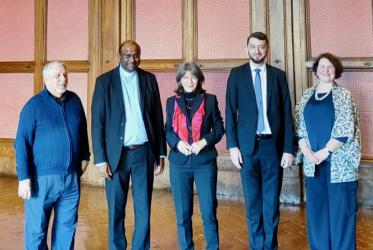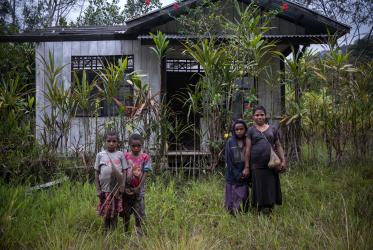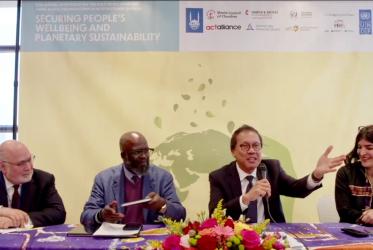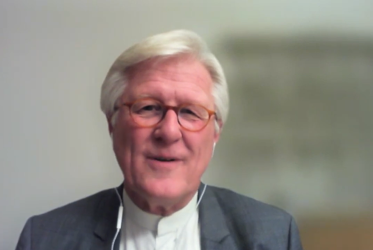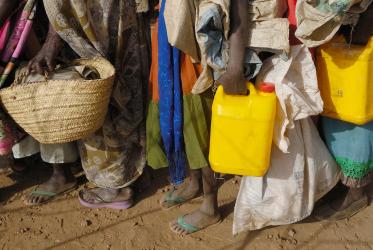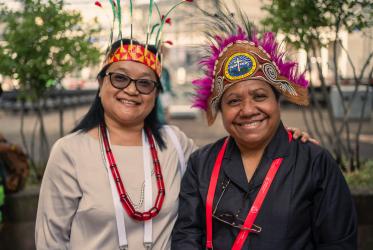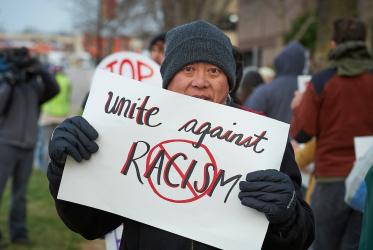Displaying 41 - 60 of 817
WCC moderator speaks on WCC journey amid difficult budget decisions
20 December 2022
A not aspired career that just happened
30 November 2022
2022 Social Forum: Water for human rights and sustainable development
03 - 04 November 2022
Palais des Nations in Geneva, Switzerland
